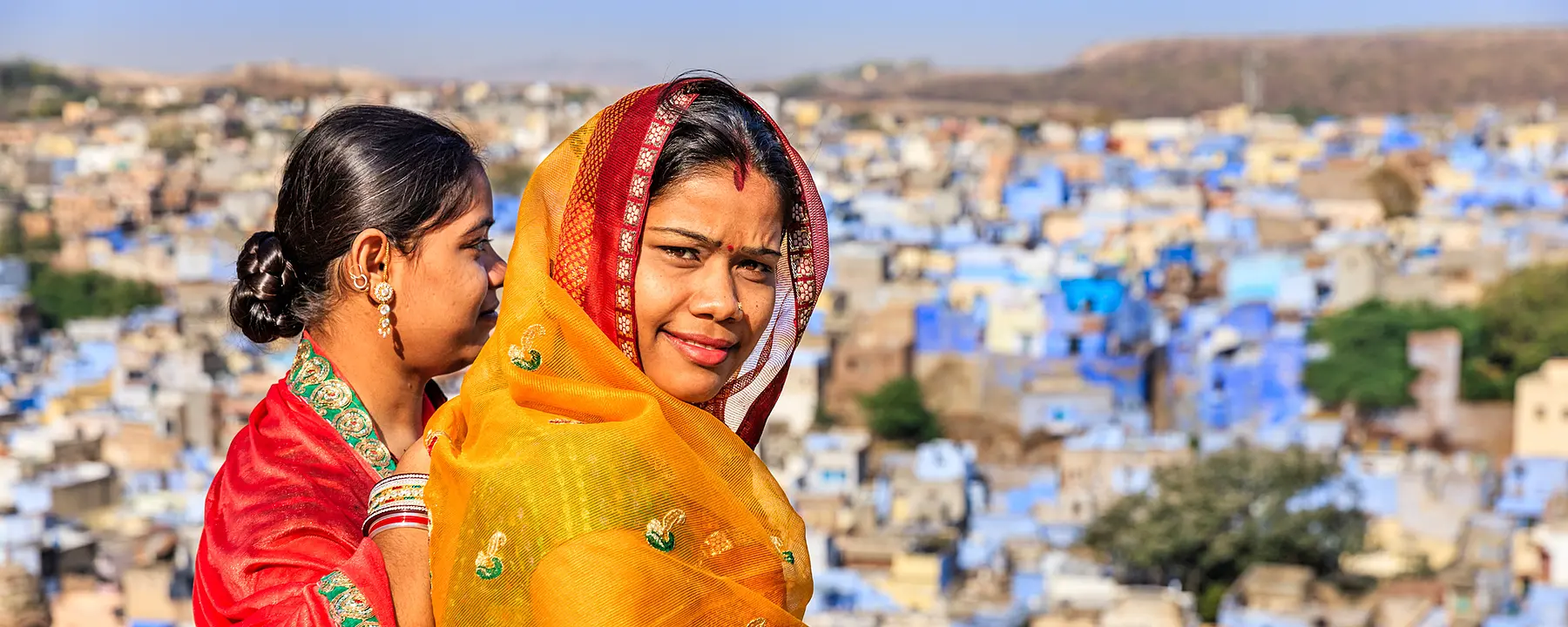Improving outcomes for Indian women by changing perceptions of cancer
Worldwide, 59 percent of deaths from breast cancer and 50 percent of breast cancer cases occur in low to middle-income countries. India bears 7 percent of the global burden of breast cancer cases. Often, those 115,000 annual cases are diagnosed at an advanced stage, when the opportunities for treatment are no longer as promising.
Currently, India lacks a nationwide organized screening program, so treatment occurs only after a woman seeks care for symptoms, putting Indian women at a disadvantage in fighting breast cancer. This disadvantage can be readily seen when comparing survival rates of 50 percent in India with the 90 percent survival rate for breast cancer patients in the United States.
Identifying Gaps in the Cancer Care Continuum
To identify the causes of delays in breast cancer care in India, RTI led a 2-year study on behalf of the U.S. National Cancer Institute. Our experts applied mixed-methods research to develop and validate an instrument to measure associations between multilevel contextual factors and timing of diagnoses and treatment.
We began by conducting semi-structured in-depth interviews with 27 female breast cancer patients selected based on their stage at diagnosis, their primary caregivers, and their health care providers. These interviews enabled us to understand how breast cancer is perceived, understood, and experienced. We also explored how families, providers, and communities shaped individuals’ cancer care trajectories.
Opportunities for Timely Diagnosis and Treatment for Breast Cancer Patients in India
This study provides urgently needed conceptual and empirical insights on the influences that affect when women seek medical attention for breast cancer care and how quickly they are diagnosed and offered treatment in a low and middle-income countries.
Building on these insights, our experts are working to develop and test multilevel interventions to promote the timely diagnosis and treatment of breast cancer in India. By confronting the lack of information previously available and encouraging women to seek a clinical breast examination at least once in three years, we hope to improve the outlook for those women diagnosed with breast cancer.
- United States National Cancer Institute
- St. John's Medical College Hospital Oncology Centre
- Kidwai Memorial Institute of Oncology (Bengaluru)
